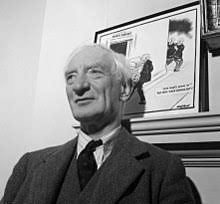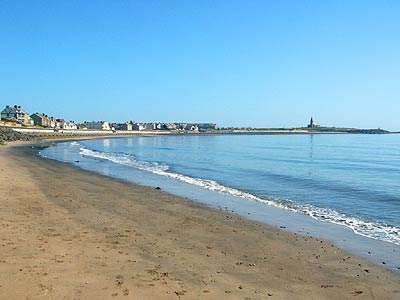William Beveridge and the National Health Service
How we got the NHS – William Beveridge.
In 1941 at the beginning of the Second World War the coalition Government commissioned William Beveridge to provide a report on social reform. The report was published in November 1942 and exceeded the brief by arguing for a system that addressed what Beveridge called the ‘Five Giant Evils’ of Want, Disease, Ignorance, Squalor and Idleness.
He argued that the Giant Evils could be eradicated by Full Employment, Education and a National Health Service; a system that looked after our population from the cradle to the grave. Published in the midst of WW2, the report promised rewards for the sacrifices demanded for the war effort that involved every UK citizen.
Not surprisingly the report was overwhelmingly popular across the nation and it formed the basis for the reforms that became the welfare state. It would be financed through the expansion of National Insurance to pay for the National Health Service.
Beveridge argued for a comprehensive system of social insurance. The report proposed that all working people should pay a weekly contribution to the state. In return, benefits would be paid to the unemployed, the sick, the retired and the widowed. This was the founding document of our modern welfare state.
Who was William Beveridge:
William Beveridge was born on 5 March 1879 in Bengal, India, where his father was a judge in the Indian Civil Service. He trained a lawyer but came to prominence during the Liberal government of 1906 – 1914 when he was asked to advise David Lloyd George on old age pensions and national insurance. During World War One, Beveridge was involved in mobilising and controlling manpower. In 1919, he became director of the London School of Economics where he remained until 1937.
When, in 1941, the government commissioned a report into the ways that Britain should be rebuilt after World War Two, Beveridge was an obvious choice to take charge.
In 1945, Prime Minister, Clement Attlee, announced he would introduce the welfare state outlined in the 1942 Beveridge Report. This included the establishment of a National Health Service in 1948 with free medical treatment for all. A national system of benefits was also introduced to provide ‘social security’ so that the population would be protected from the ‘cradle to the grave’. The new system was partly built on the national insurance scheme set up by Lloyd George in 1911. People in work still had to make contributions each week, as did employers, but the benefits provided were now much greater.
In 1946, Beveridge was made a Peer and became Leader of the Liberals in the House of Lords. He died on 16 March 1963.


